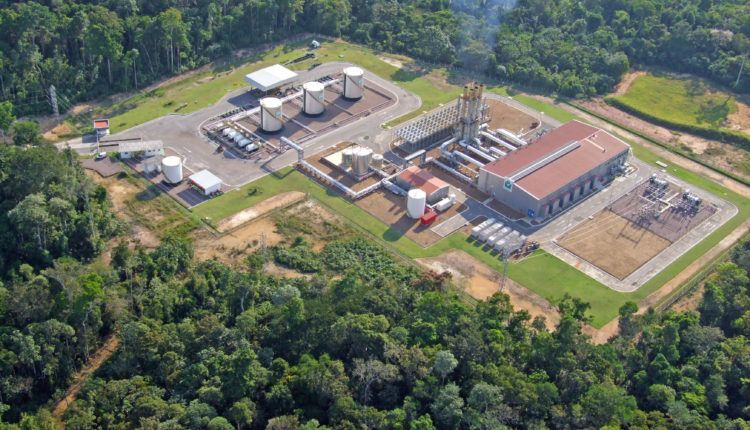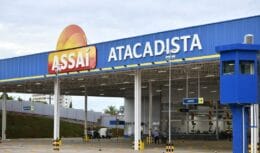
Manuauara Thermoelectric Plant controlled by Petrobras in Amazonas will increase its power from 85 MW to 92 MW, by the beginning of 2022
The Finnish company Wartsila, a global leader in advanced technologies for the maritime and energy generation markets, wins a contract and will convert the operation of a Brazilian thermoelectric plant controlled by Petrobras in Amazonas – UTE Manauara, for 100% natural gas. Bolsonaro inaugurates solar power plant in Goiás and guarantees that “the sun will not be taxed”
Read also
- Petrobras offers four thermoelectric power plants (UTEs) for sale in the states of Bahia and Rio Grande do Sul
- Thermoelectric plant receives approval from Aneel to be installed in Mato Grosso do Sul and generate energy by burning sugarcane bagasse
- 5500 jobs for Espírito Santo between the construction and operation phases of the largest thermoelectric plant in Latin America and Petrocity port complex
At the same time, the plant will have its power generation capacity increased from 85 MW to 92 MW. The conversion, in addition to reducing the plant's operating costs, will reduce its environmental impact.
Wartsila's contract with Companhia Energética Manauara is for UTE Manauara, located in Manaus, Amazonas and currently controlled by Petrobras. The contract between the companies was signed in July this year. The plant will supply energy to the national electrical system.
About the scope of the project signed between Petrobras and Wärtsilä
The project consists of converting the five Wärtsilä 46GD dual-fuel combustion engines currently in operation at the plant to five Wärtsilä 50SG gas engines, along with the necessary system upgrades. The improvement in plant performance will increase its competitiveness. In addition to the conversion, the two companies extended the operation and maintenance contract for a period of ten years. The contract, in addition to other agreed obligations, also includes performance guarantees for the plant, among which we can highlight those related to fuel consumption, electrical capacity, consumption of lubricating oil, consumption of spare parts and plant availability.
“Our commitment to sustainability is reflected in this Conversion Project and we are proud to reduce our carbon emissions. The conversion of gas engines meets the company's concerns to generate energy with the lowest environmental impact. Furthermore, we will be reducing our costs and improving our economic performance. The conversion will contribute to the reduction of electricity expenses for all Brazilians, as it will eliminate the consumption of heavy fuel oil (OCA1) and the corresponding reimbursement by the National Fuel Consumption Account (CCC)”, says Bruno Menezes, Power Plant Director, Companhia Energética Manauara. “We have trusted Wartsila with our operations for many years, so it was not difficult to extend this successful partnership for another ten years.”
Conversion of the thermoelectric plant to use 100% natural gas will result in savings
Adriano Marcolino, Business Development Manager at Wartsila Energy, commented: “This project crowns a cooperation relationship developed with Manauara over the last 15 years. With this gas conversion project, we hope to support the prospects in expanding the customer's business, while also developing our services for gas engines. ”
The use of natural gas fuel will reduce the level of emissions by approximately 10%, representing around 35.000 metric tons of carbon dioxide equivalent (MTCDE) / year. That's the equivalent of polluting about 7.600 cars.
The conversion is scheduled to be fully completed in early 2022. Wartsila has already successfully completed a series of gas conversion projects involving over 100 Wartsila engines and totaling over 1,2 GW of production.












